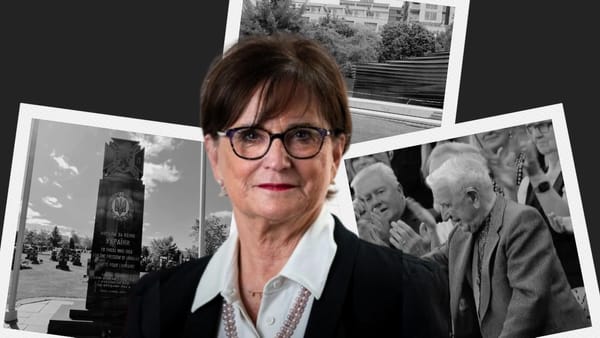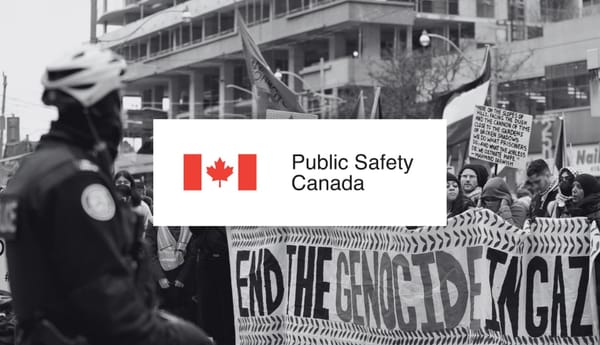Canada’s healthcare system receives a lot of praise. However, dental care in Canada more closely resembles a private United States-style healthcare system than one worthy of applause.
Many Canadians rely on work related insurance to access dental care, leaving those without to pay the high fees out-of-pocket. This results in dental care being provided based on one’s ability to pay rather than the need for care, which has many consequences. Those who are unable to afford care do not get what they need.
Right now, more than one in three Canadians lack dental insurance, and one in five avoid the dentist each year due to financial constraints. Many end up avoiding preventative cleanings and treatment of small cavities, as they need to ration funds to treat pain and infection. As a result, many Canadians experience poor oral health, which has predictable consequences.
Dental neglect due to financial constraints perpetuates the cycle of poverty. For instance, it’s difficult to find a well-paying job with missing front teeth or visible decay. School or work-related tasks become increasingly challenging when sleep is lost due to dental pain. When no other options remain, treatments may end up being paid for by credit card.
As a dentist myself, it’s not uncommon for me to see someone needing all of their teeth taken out. If the financial barriers were removed, many people would be treated sooner with fillings and cleanings rather than extractions.
Those who are unable to afford dental care must endure the consequences that poor oral health has on overall health. According to the Canadian Association of Emergency Physicians, poor oral health may cause or worsen the following conditions: cardiovascular disease, diabetes, having a low birth weight infant, aspiration pneumonia, erectile dysfunction, osteoporosis, metabolic syndrome and stroke. This places a burden on our healthcare system by making the population less healthy overall.
Oral neglect due to financial constraints can burden the healthcare system in other ways as well. According to an Ontario Oral Health Alliance study, in 2012, Ontario doctors’ offices were visited nearly 218,000 times by patients seeking treatment for dental pain. In 2014, meanwhile, nearly 61,000 visits were made to emergency departments for the same reason. These sorts of visits cost taxpayers in Ontario at least $31 million in 2014.
Each year, fewer people in Canada are able to access dental care. Older people have been retiring in large numbers and are losing their work-related dental insurance. The younger generation is increasingly working in the precarious gig-economy, which provides temporary employment without benefits such as dental insurance
The economic downturn sparked by COVID-19 has made dental care inaccessible for many more. Millions of Canadians have lost employment or are working reduced hours. This means many are losing their work-related insurance and don’t have disposable income to pay for dental procedures out of pocket.
Given the shortcomings of our present dental care system, Canadians should rethink how dental care is delivered. I created the group Coalition for Dentalcare with some students at McGill and Dalhousie to do just this. The coalition is bringing together the dental and medical community along with the public to advocate for a more humane system. There are three principles guiding the coalition’s proposed dental plan.
First, healthcare should be expanded to include routine dental care. This will ensure that every Canadian has dental insurance. Additionally, those who are already insured through employment will no longer have to worry about losing coverage if they become unemployed or retire.
Additionally, some dental clinics will need to be publicly owned. The private practice model has neglected certain communities due to a lack of dentists willing to work there. Publicly owned clinics, on the other hand, allow for the hiring of dental workers in an organized fashion. For instance, public dental clinics would be well suited to provide services to presently underserved populations such as those in schools, long term care facilities, prisons and rural and Indigenous communities.
Further, public ownership of dental clinics allows for the reintroduction of mid-level dental providers, which will diminish the monopoly dentists have on the provision of dental care. These mid-level dental providers, also known as dental therapists, can perform simple dental procedures like fillings and extracting baby teeth at a fraction of the cost of a dentist.
Dentists in the private practice setting have historically been hostile toward dental therapists, as their work may undermine the dental business model and impact profits. However, a robust public sector can effectively counter this opposition.
World class dental care can be provided to all Canadians without breaking the bank. Monied interests want to maintain the status quo, but organized movements can help expose the dysfunction of our current system and provide a more humane alternative.
Every Canadian deserves dental care that is free at the point of access.






